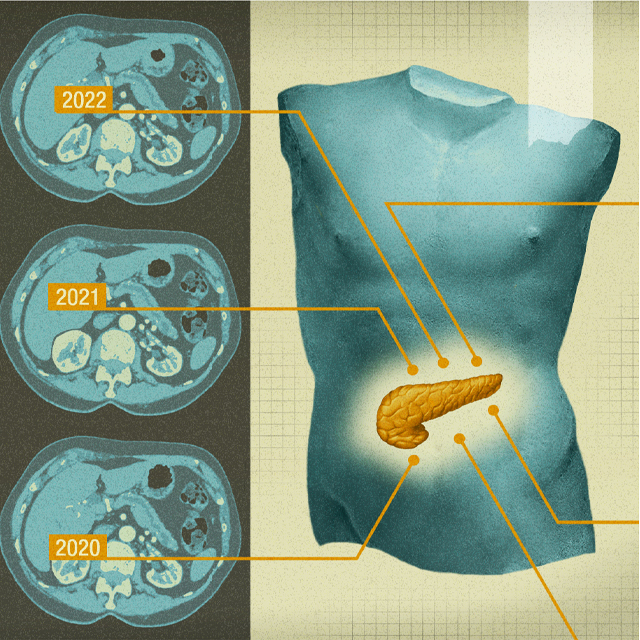Uncontrolled diabetes can substantially increase the risk of heart failure progression for older adults with early stage heart failure, according to a new Johns Hopkins-led study.
The research team found that controlling diabetes early in the heart failure process has immense potential to significantly prevent the progression to later-stage heart failure, notes Justin Echouffo Tcheugui, first author on the study, which was published in the Journal of the American College of Cardiology.
The team gathered its data from the Atherosclerosis Risk in Communities (ARIC) Study, an ongoing study funded by the National Institutes of Health that looks at the medical outcomes of plaque buildup on artery walls. Researchers selected more than 4,700 ARIC participants and examined their clinical data, which was gathered at the study’s most recent visit.
All participants had preclinical heart failure, meaning they were either in stage A or stage B of heart failure as defined by the American Heart Association and the American College of Cardiology. Stage A is the existence of at least one clinical heart failure risk factor, such as hypertension or obesity, without structural heart disease. Stage B is the presence of structural heart disease or elevated cardiac biomarkers without signs or symptoms of heart failure.
The findings showed that uncontrolled diabetes was associated with the advancement of heart failure for participants in stages A and B of heart failure. Participants with uncontrolled diabetes in stage A were 1.5 times more likely to progress to overt heart failure, while those in stage B were 1.8 times more likely. Additionally, among participants in stage B, those with uncontrolled diabetes experienced overt heart failure at a younger age (80 years) than their counterparts with controlled diabetes (83 years) or no diabetes (82 years).
Noting the vulnerability of older adults with co-occurring diabetes and stage A or B heart failure, Tcheugui says, “We believe that such people may greatly benefit from preventive therapies including lifestyle modification and medication. There are three to four times more individuals with preclinical heart failure than with overt heart failure; many lives can be prolonged by addressing diabetes in those early stages.”



